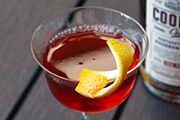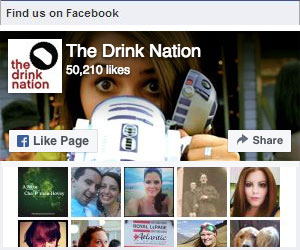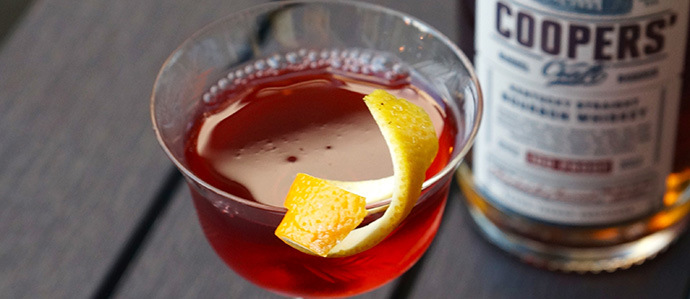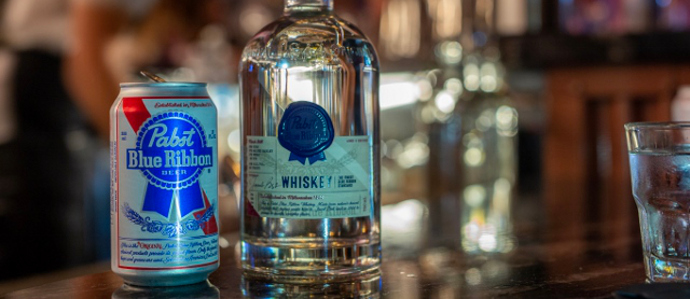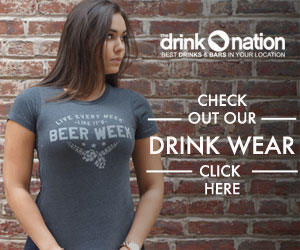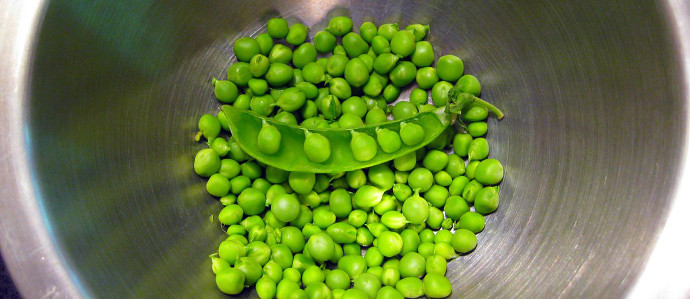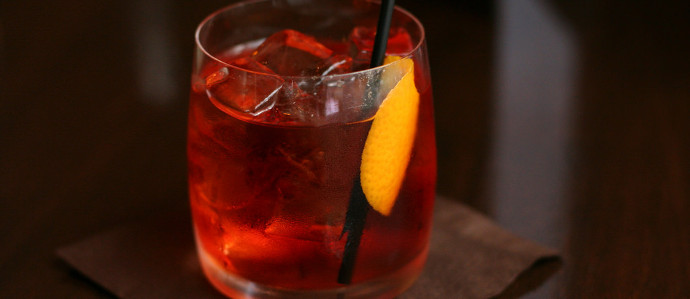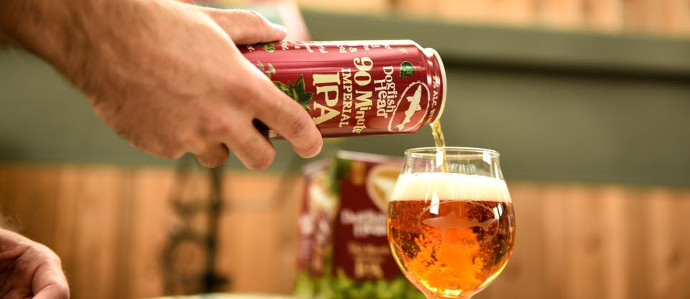Beer Nutrition Labels
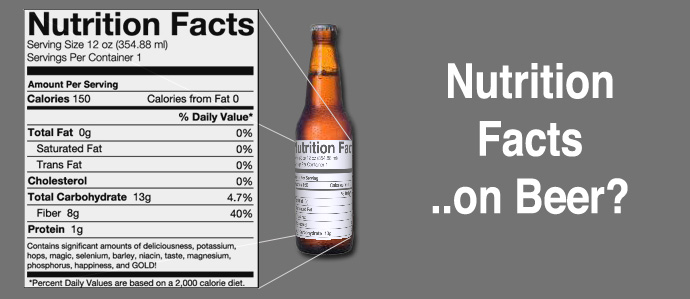
Diageo, the world's largest spirits, beer and wine company, is currently leading a campaign to get a 2003 proposition back into consideration. The proposal seeks to allow companies to smack a nutrition label on their alcohol products. The label could list items such as alcohol per serving, carbohydrates, and calories, serving size and even protein content on packaging and containers.
There is some confusion as to why alcoholic beverage companies are prohibited from displaying nutritional information on their products. Many ask that if their food and other beverages are subject to strict regulations, than why isn’t their beer? The answer, while confusing, is because alcohol falls into a grey area in government regulation. Alcohol is presided over by the Alcohol and Tobacco Tax and Trade Bureau, and simply put, it is not considered a food, and is actually prohibited from listing nutrition and serving information the same way food is.
First proposed eight years ago, the issue has never been resolved. The mind instantly conjures up images of that famous white label with bold print on the side of our craft beers, though it could be subtler than that. In fact, some alcoholic beverages already have a small amount of this information on their cans. Beer companies that market as “Light” or “Lite” are required to have calorie and carb information displayed on their product.
Is it a surprise that the movement is fronted by one of the world’s largest alcohol companies? If made a requirement, it’s doubtful that such a mandate would affect big beer companies, as many already use such information as a marketing ploy to attract conscientious beer consumers to their product. However, for smaller craft brewers this could be another speed bump in the competition against the beer giants. Requiring a change in the bottling and packaging process could even spell the end of smaller brewers, or drive up the price for us.
But why change the way it is now? If a company markets itself as being low in calories and carbs (thus describing it as ‘healthier’ dietary wise), it’s required to list simple information. Some even argue that requiring this type of labeling is counter productive because it suggests that alcohol is a food, when it’s still considered a drug.
Although more and more Americans want to know what‘s in their booze per serving, the issue is complicated. Many companies suggest that this information be voluntary for those who wish to provide it, though, a die-hard beer enthusiast knows that beer is a part of every complete diet.
Do you think beer needs Nutrition Facts?
 0%
0% 0%
0% 0%
0% 0%
0%



